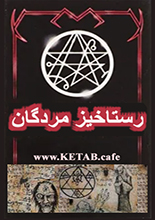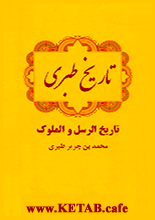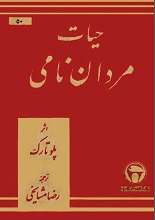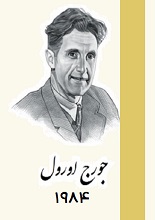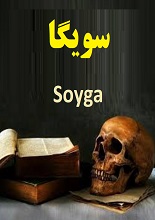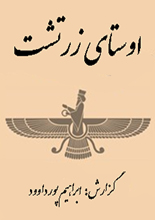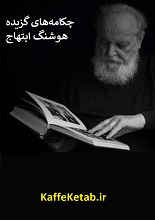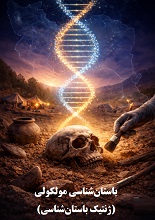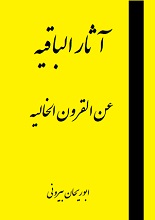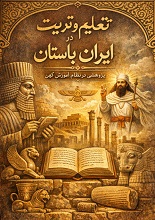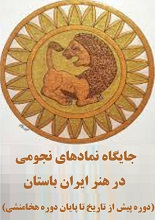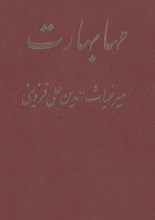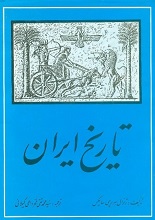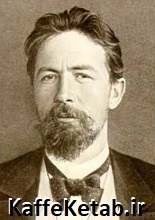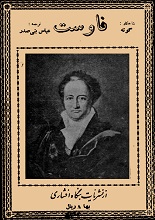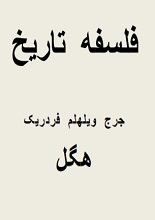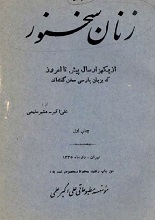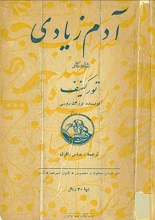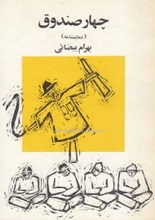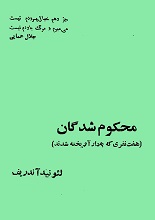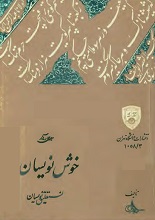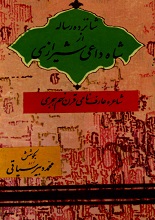Among the world’s classical texts on mysticism and philosophy, few writings have captivated researchers, spiritual seekers, and historians as deeply as The Corpus Hermeticum. These ancient teachings—traditionally attributed to Hermes Trismegistus—stand at the intersection of philosophy, cosmology, metaphysics, and spiritual psychology. They influenced early Christianity, Renaissance philosophers, medieval alchemists, Enlightenment thinkers, and even modern esoteric traditions.
Today, as readers worldwide return to ancient wisdom sources, The Corpus Hermeticum, especially in the respected translation by G.R.S. Mead, remains essential for anyone interested in the deeper layers of consciousness, cosmic harmony, and the true nature of human existence.
This comprehensive article, written for Cafe Ketab (کافه کتاب), explores the origins, themes, and lasting impact of The Corpus Hermeticum, explaining why this ancient text continues to inspire in the twenty-first century.
What Is The Corpus Hermeticum?
The Corpus Hermeticum refers to a collection of philosophical and spiritual treatises attributed to the legendary sage Hermes Trismegistus, a figure blending the Greek deity Hermes and the Egyptian god Thoth—both symbols of wisdom, knowledge, writing, and universal laws.
These texts were composed between the 1st and 4th centuries CE in the Hellenistic world and include dialogues between a master (Hermes) and his disciples (Tat and Asclepius). Rather than focusing on mythology or historical events, The Corpus Hermeticum explores pure philosophy and mystical insight.
Its teachings revolve around:
- the nature of divine reality
- the creation of the cosmos
- the spiritual composition of human beings
- the pursuit of enlightenment
- the illusion of matter
- the unity of all existence
Unlike dogmatic religious texts, The Corpus Hermeticum promotes Gnosis—direct experiential understanding of higher truth.
Why the G.R.S. Mead Translation Is Significant
G.R.S. Mead’s translation of The Corpus Hermeticum remains one of the most respected versions thanks to its:
1. Scholarly accuracy
Mead worked directly with Greek manuscripts and preserved the complexity of the original teachings.
2. Structural clarity
The translation follows the authentic order of the treatises, making the text easier to navigate.
3. Historical commentary
Mead provides explanations, context, and analytical notes that deepen the reader’s comprehension.
4. Balance of academic and readable style
The text is accessible without compromising philosophical depth.
For researchers and students of esoteric traditions, this translation is a foundational resource.
Central Themes of The Corpus Hermeticum
Below are the major philosophical themes explored in the treatises.
1. The Divine Mind (Nous)
The Corpus Hermeticum teaches that everything originates from Nous, the Divine Mind.
All existence—light, soul, matter, and motion—is an emanation of this infinite, intelligent source.
This concept parallels:
- Neoplatonism
- mystical Christianity
- Jewish Kabbalah
- Sufi metaphysics
- Eastern non-dual philosophies
To know oneself is to know the Divine Mind, and to know the Divine Mind is to understand the universe.
2. The Creation of the Universe
The Corpus Hermeticum describes creation not as a physical event but as a spiritual unfolding.
The cosmos emerges from layers of consciousness, forming an intricate hierarchy between the divine and the material.
Creation is portrayed as:
- purposeful
- meaningful
- intelligent
- alive
These ideas deeply influenced Renaissance cosmology.
3. The Divine Nature of Humanity
One of the most profound teachings of The Corpus Hermeticum is that humans contain divine essence.
Though the body belongs to the material world, the soul belongs to the divine realm.
Human beings possess the capacity to:
- rise beyond material illusion
- attain spiritual knowledge
- achieve unity with the Divine Mind
- transcend fate and limitation
This belief shaped medieval alchemy, where spiritual transformation mirrored the purification of metals.
4. Gnosis: The Path to Enlightenment
Rather than demanding belief, The Corpus Hermeticum emphasizes Gnosis, meaning experiential knowledge gained through inner awakening.
The path includes:
- self-reflection
- purification of the mind
- contemplation of cosmic order
- moral discipline
- detachment from illusions
Gnosis leads to rebirth, a transformation frequently described in the treatises.
5. The Illusion of the Material World
Matter is described not as evil, but as impermanent and distracting.
The material world is a lower reflection of divine reality, and true perception requires rising beyond sensory limits.
This theme strongly influenced:
- early Christian mysticism
- Islamic illuminationism
- alchemical symbolism
- Renaissance metaphysics
6. Teacher and Disciple Wisdom Transmission
The dialogues between Hermes and his disciples represent:
- the passing of ancient wisdom
- the relationship between inner and outer learning
- initiation into higher truth
This structure mirrors mystery schools in Egypt, Greece, Persia, and later Western esoteric traditions.
Historical Influence of The Corpus Hermeticum
1. Renaissance Thought
When Marsilio Ficino translated The Corpus Hermeticum into Latin, it sparked an intellectual revolution. Philosophers believed these texts preserved ancient Egyptian wisdom.
2. Alchemy and the Hermetic Tradition
Alchemy used symbolic interpretations of the treatises to explore spiritual purification.
The phrase “hermetically sealed” even originates from these teachings.
3. Early Christian Writers
Early theologians saw parallels between Hermetic teachings and Christian concepts of divine light and spiritual rebirth.
4. Modern Esoteric Movements
The Corpus Hermeticum heavily shaped:
- Rosicrucianism
- The Golden Dawn
- Theosophy
- New Thought
5. Depth Psychology
Carl Jung considered Hermetic symbolism crucial to understanding alchemy and the collective unconscious.
The Corpus Hermeticum and the Modern World
Even today, The Corpus Hermeticum resonates with readers for its:
- holistic worldview
- philosophical depth
- poetic spiritual psychology
- blend of logic and mysticism
- timeless guidance for inner growth
In an age dominated by speed, confusion, and digital distraction, these teachings reintroduce reflection, meaning, and inner clarity.
Why The Corpus Hermeticum Appeals to Persian Readers
Persian intellectual traditions—from Ibn Sina to Suhrawardi to Mulla Sadra—share deep similarities with Hermetic ideas.
Themes like:
- the unity of existence
- the hierarchy of being
- divine intellect
- the illumination of the soul
mirror the philosophical foundations of Islamic and Persian mysticism. Thus, The Corpus Hermeticum offers Persian readers both global wisdom and familiar metaphysical insights.
همچنین بنگرید به کتابهای زیر:
دانلود کتاب هرمتیکا
دانلود کتاب سویگا
دانلود کتاب نکرونومیکون
دانلود کتاب اورفن استوری
Download The Corpus Hermeticum
The Corpus Hermeticum remains one of the most influential and profound works in the history of philosophical and spiritual thought. Its teachings on the Divine Mind, the human soul, the nature of reality, and the path to enlightenment continue to inspire generation after generation.
Whether approached as philosophy, spirituality, esotericism, psychology, or literature, this text offers:
- deep metaphysical insight
- timeless wisdom
- poetic expressions of universal truth
- a guide for inner transformation
For anyone seeking knowledge of the self, the universe, and the divine essence that links them, The Corpus Hermeticum is a masterpiece that transcends time.
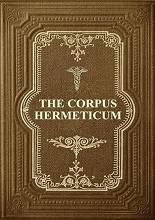
برای دانلود این کتاب، ابتدا باید عضو سایت بشوید.
پس از عضویت، لینک دانلود این کتاب و همهی کتابهای سایت برای شما فعال میشوند.
(قبلا عضو شدهاید؟ وارد شوید)
